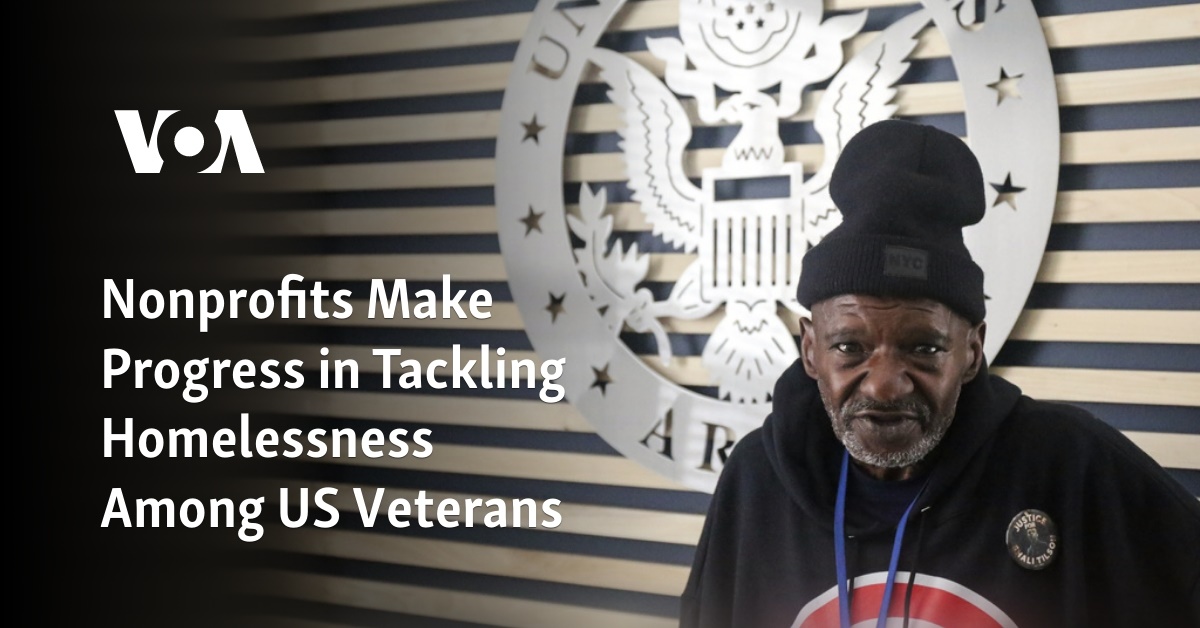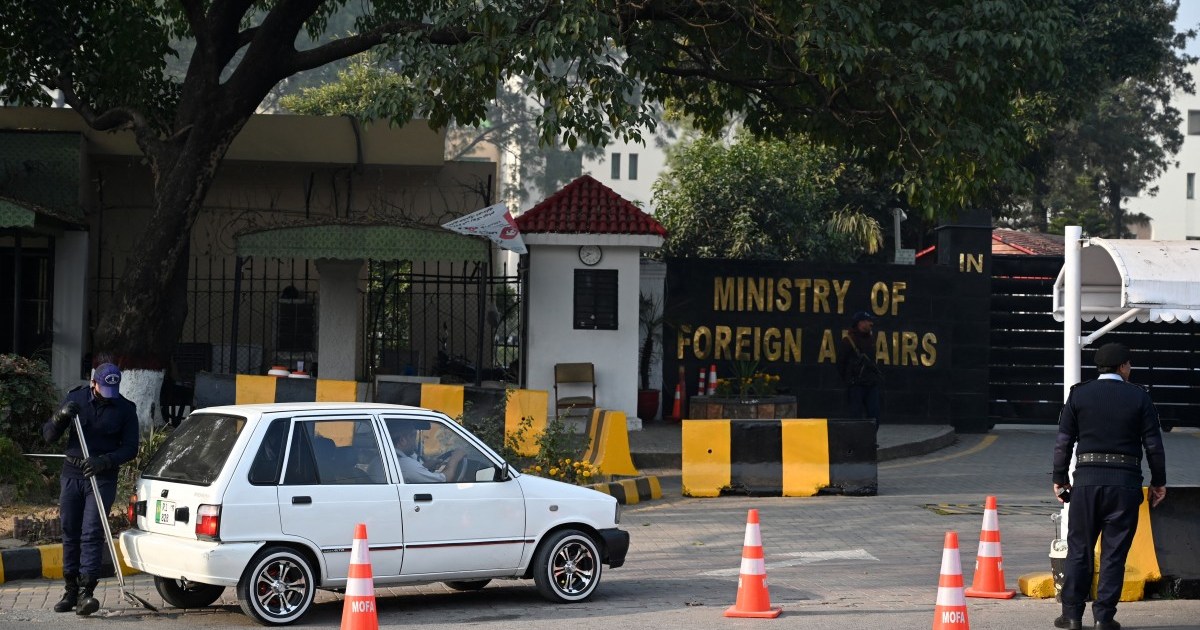
The Kenyan government will not wait for an appeals court’s decision before sending its troops to Haiti, a senior government official said, underscoring the government’s determination to press ahead with a planned multinational force aimed at bringing stability to the gang-ravaged Caribbean nation bring to.
Abraham Korir Sing’Oei, the principal secretary at the Ministry of Foreign Affairs, told The New York Times in an interview that Kenya and Haiti were working to finalize a bilateral agreement in the next two weeks and that the Kenyan armed forces would do so once it was finalized use immediately.
Mr Sing’Oei’s statement comes just a week after the country’s Supreme Court blocked the operation of 1,000 police officers and said it could only proceed if there was a “mutual agreement” setting out the framework under which Kenyan forces can operate in Haiti.
Kenya’s government appealed the decision.
Mr Sing’Oei said the Supreme Court had provided a legal avenue for the deployment, namely the bilateral reciprocity agreement with Haiti. But he said the government had anyway appealed the decision to a higher court seeking clarification on some findings the government “considers problematic.”
Nevertheless, he added: “The operation does not have to wait for the conclusion of this appeal.”
He did not give a specific timetable for the officials’ departure to Haiti.
Kenyan President William Ruto remained optimistic about the plan Reuters last week that the mission would continue despite the court ruling.
Observers say Mr Ruto who came to power in 2022He insists on implementing the plan to raise his profile as a global statesman and pan-African leader. He also presented the Haiti plan as “A mission for humanity” which would help a nation whose population is part of the African diaspora.
His government’s decision to bypass the courts would likely trigger another lawsuit from activists and human rights groups who have denounced the deployment plan as unconstitutional. It would also open another door of controversy for Mr Ruto, whose government is facing increasing criticism from the East African nation growing economic challenges. By defying the courts, Mr Ruto will also deepen his showdown with the judiciary, which he recently criticized for obstructing his government’s plans.
One of these plans was the Haiti mission.
Last July, the government announced it would lead a multinational force to restore order in Haiti. where gangs have overrun entire neighborhoods and in 2023 about 5,000 people were killed. The United Nations Security Council approved the mission in October and the Biden administration pledged to fund the mission with $200 million.
But the operation quickly became a political issue in Kenya, denounced by activists and opposition leaders. Critics said the plan violated Kenya’s constitution because it would expose officials to unnecessary danger and was carried out without broader public dialogue or direct approval from government agencies responsible for national security.
Human rights groups also pointed this out the dismal record of the Kenyan policewho were accused of killing more than 100 people and shooting at demonstrators last year Demonstrations against the government. Many also asked questions how Kenyan forces would protect civilians in Haiti Even as they struggled to contain the threat of bandits and the terrorist group Al Shabab within their own borders.
After a parliamentary session in November, lawmakers passed a motion allowing the use of armed forces A Supreme Court justice blocked the plan At the end of January, which puts his future in doubt.
Despite the court ruling, the United States reiterated his support for the mission last month.
In a statement, the State Department acknowledged the Kenyan court’s ruling and the government’s intention to challenge it, and called on the international community to “respond to the unprecedented levels of gang violence and destabilizing forces preying on the Haitian people.”
But as Kenyan officials begin drafting a “mutual agreement,” lawyers and activists have begun examining what that would mean.
Mr Sing’Oei said the agreement would follow National Police Service Actwhich states that the president can designate a country as a “reciprocal nation” once he is satisfied that it has laws equivalent to those governing the Kenyan armed forces abroad.
Observers say Mr Ruto is now under pressure to demonstrate that he has carefully considered all the necessary conditions before making such a decision to avoid further legal challenges.
“If the law gives this power to anyone – in our case the president – it is only advisable that the decision is not based on whim, diplomatic populism or even pure egalitarianism,” says Waikwa Wanyoike, a constitutional lawyer. wrote in a Sunday column in the Kenyan newspaper Daily Nation. “Instead, it must be made on the basis of prudence and objectivity – with sufficient, open justification.”
David C. Adams contributed reporting from Miami.






Recent Comments